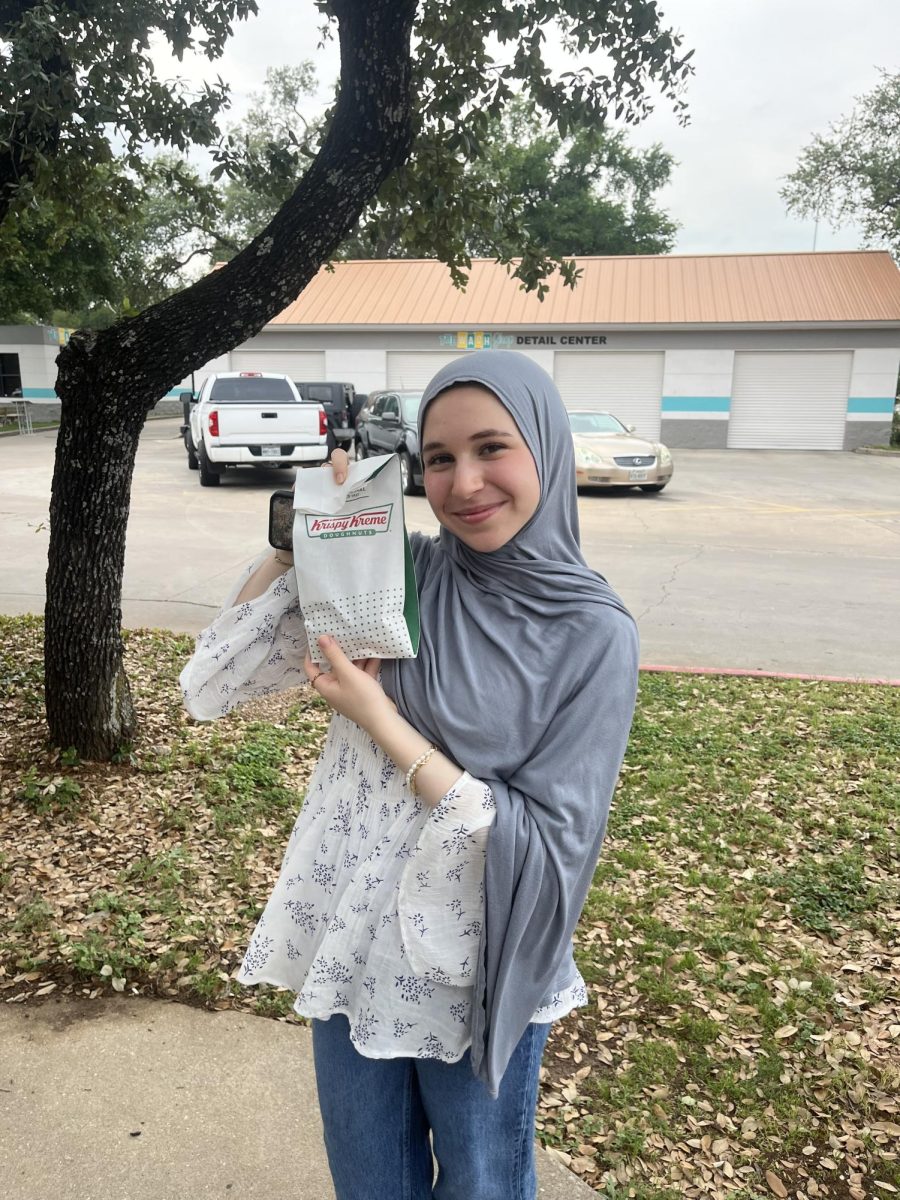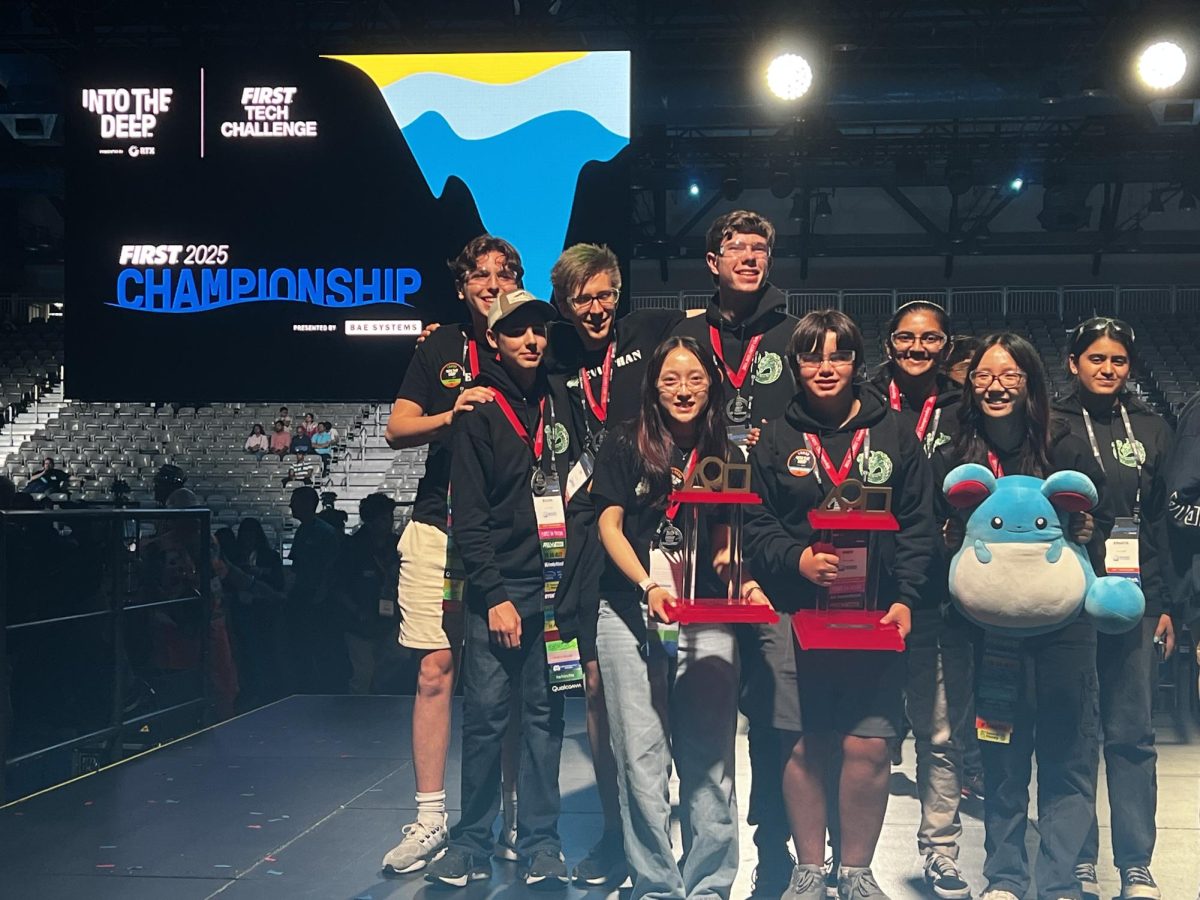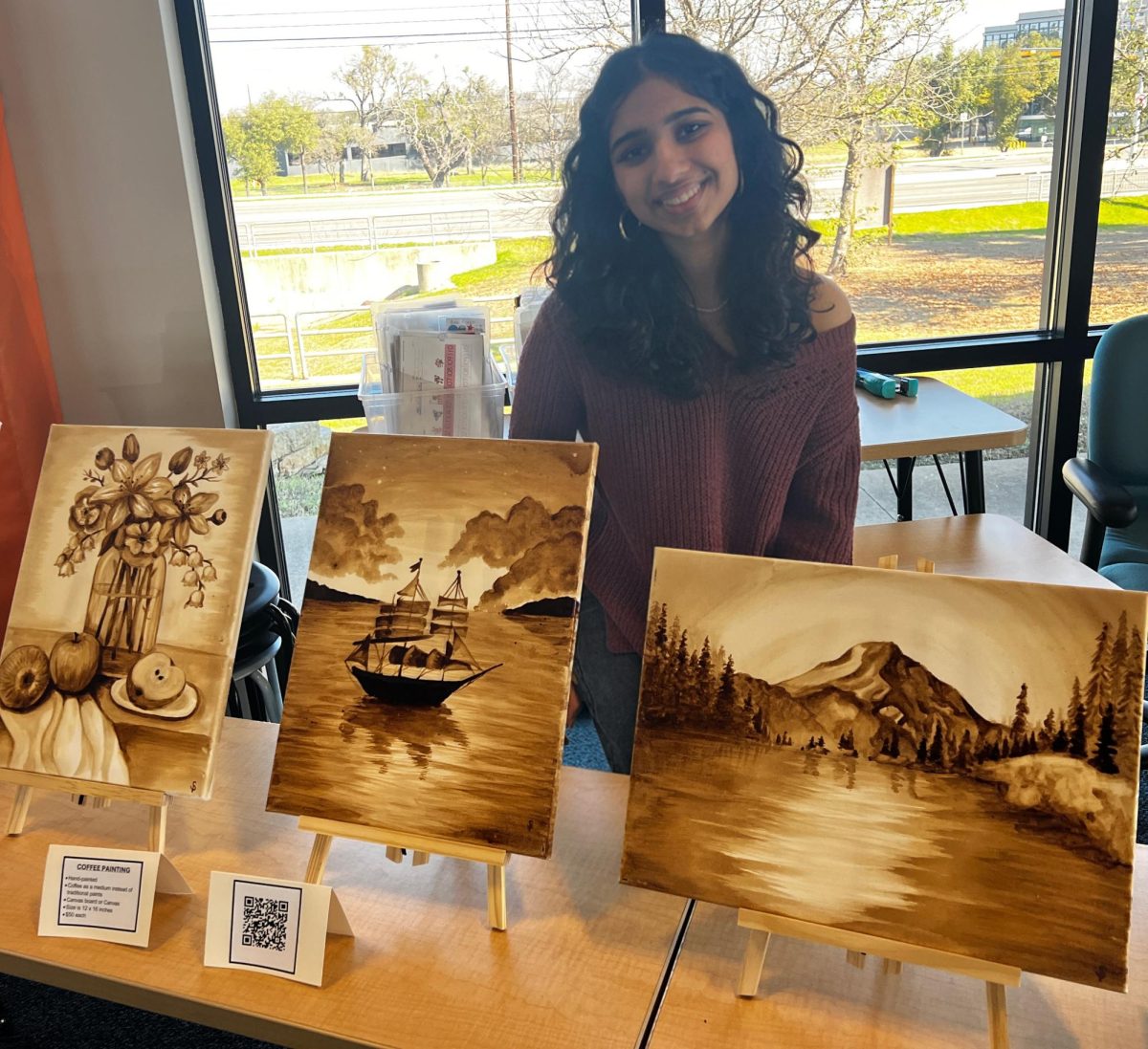David Goodman: People talk all the time about pollution and how we can make the world a much greener place. Pollution has been a big cause of the global warming problem occurring today. People have been trying to figure out how to cut down on pollution in the most convenient way possible. But, the steps Austin is taking by banning plastic and paper bags is not something that should take place. In fact, this will be very inconvenient for customers.
The Austin City Council voted on March 2, 2012 to remove plastic and paper bags from all convenience stores such as grocery stores and retail stores when the ban begins on March 1, 2013. The ordinance will make Austin the first large city in Texas to ban such items. Other cities in the U.S such as San Francisco and Portland have also some type of bag ban in place.
The problem is that this will be less convenient to the consumer because they will have to pay money to buy reusable bags. This would mean that customers would have to keep bringing reusable bags instead of just having plastic and paper bags waiting for them in the checkout counter.
The lack of choice means that stores will have to get rid of their paper and plastic bags and people would only have one option for them in the store. This could also mean that since reusable bags are the only option for customers to use, Stores could run out of the bags and people would be left out of any bags for them to use.
In this case, Instead of banning plastic and paper completely, the Austin City Council should make a fee for those who use non-reusable bags. This would be more convenient for the consumer since they don’t need to buy and bring reusable bags to the store.
The bag ban isn’t great for the city of Austin because it’s way less convenient for the consumers who like to go grocery shopping every week. If the City Council studies this a little more, they could see what the effects of the bag ban will do.
Lindsey Morehart : Recently, the Austin City Council passed a bag ban ordinance which bans disposable paper and plastic bags at all retail checkout counters starting in March of next year. I support this effort whole heartedly and wish it had taken place earlier.
I believe that this bag ban is only the start to a cleaner world, especially a cleaner ocean. According to the Orange County Register, plastic marine debris affects at least 267 species worldwide, including 86 percent of all sea turtle species, 44 percent of all sea bird species and 43 percent of the overall marine mammal species. As much as 80 percent of all ocean pollution comes from land-based sources, blown there by winds or carried there by storm drains and rivers. I think that it is high time for environmental protection policies that protect our ocean from further pollution are put into action now, especially as the amount of degradation from plastic we have seen in the last 10 years has been considerable. According to Green Peace International, the amount of plastic pollution in the ocean is so large that there is, quite literally, a swirling vortex the size of Texas sitting in the North Pacific Ocean. An estimated six kilos of plastic for every kilo of natural plankton swirls slowly around like a clock, choked with dead fish, ocean mammals, and snared birds.
This perhaps wouldn’t be a problem if the plastic had no ill effects, but they most certainly do. However, the larger items, however, are consumed by seabirds and other animals which mistake them for prey. Many seabirds and their chicks have been found dead, their stomachs filled with plastic items such as bottle tops, lighters and balloons. And the vortex acts as a sponge for toxic pollutants in the ocean, which causes massive deaths in the marine biosphere underneath the surface of the water.
Because Austin is the first big city in Texas to pass a bag ban, there will be a $2 million educational campaign supporting this bag ban and informing the public on safer and greener ways to shop. Austin needs to be the city that comes together as a city to fight pollution. According to Interfaith Environmental Network, Austin is a significant contributor to overall plastic pollution as we use more than 263 million plastic bags (not including other plastic items such as bottles and containers.) This substantial plastic litter has increased by a staggering 165 percent since 1969, making this the third most abundant type of pollution in the nation. The city of Austin has already shown its ability to not only come together, but also to fight back.
Keeping Austin weird is one thing, but keeping it clean is much more. The severity of pollution has gone too far. The time has come to contain this growing problem instead of ignoring it and shrinking away from the responsibility to clean it up.













